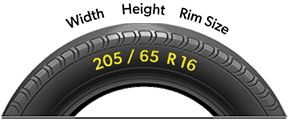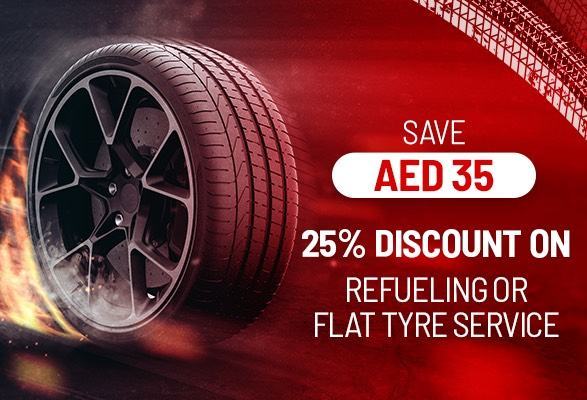Car Insurance – The Driverless Car Dilemma
We know that car insurance is an important part of our lives. In many countries around the world, the government has established a minimum level of insurance that every car owner is bound to have. The UAE is no exception and the people are bound by law to have third-party car insurance. Otherwise, you risk a penalty or even jail time. Therefore, it is always wise to have car insurance in the UAE.
Besides, car insurance saves you a fortune if you end up in an accident. For a minute, imagine yourself in a scenario that you ended up in an accident. The fault is your own. Not only are the vehicles damaged, but the other person is either killed or seriously injured. Now, consider the costs. You will have to get both vehicles repaired and pay compensation to the injured/deceased party. In addition to this, you will also have to pay your own medical bills.
The cost can quickly rise to several hundred thousand AED. In short, car insurance is the wisest option. But there is a new dilemma in the world of automobile insurance. That is driverless cars.
Driverless Cars
Tesla and a host of other automobile manufacturers have introduced driverless or autonomous cars. The UAE is also preparing to welcome a growing number of fully autonomous vehicles in the near future. Under the Dubai Smart Autonomous Mobility Strategy launched by His Highness Sheikh Mohammed bin Rashid Al Maktoum, Vice President and Prime Minister of the UAE and Ruler of Dubai, 25% of all vehicles in Dubai will be driverless.
In the current world, the driver who is at fault in an accident is held liable. This is how things operate throughout the world. But what happens in the case of fully autonomous vehicles. This is the question that’s the focus of attention for lawmakers, drivers, automobile manufacturers, and insurance providers. There are different opinions. All of them are discussed below.
Owner is at Fault
The most common opinion that is shared by nearly everyone except the car owner is that the owner of the autonomous vehicle must be held liable if their car is at fault during an accident. After all, it is their property and they are responsible for it. California has enacted its law governing autonomous vehicles in this manner. However, owners claim that they must not be held liable because they are not the ones driving the car.
The manufacturer is at Fault
The second most common opinion is to hold the manufacturer of the automobile at fault. After all, the vehicle is being driven using their software. As a buyer, the car owner is reasonably expected to believe that there are no faults in the vehicle. But if there is a fault, the manufacturer is responsible for it. For instance, you just bought a new vehicle. After a few months, the engine starts to stall. You find out that there is a manufacturing fault within the engine.
The manufacturer is responsible for it and replaces the engine. Under the same reasoning, the manufacturer is responsible for the software under which the car drives without human intervention. If the software does not work as intended or malfunctions leading to an accident, the company must be held liable. But automobile manufacturers take a very narrow approach to this opinion. They argue that if such laws are made, it will hamper their innovation and the world may never see fully autonomous vehicles due to litigation as a result of accidents.
Car is Held Responsible
Throughout the world, businesses are mostly held as separate legal entities (sole traders & partnerships are an exception). They have their own legal rights and obligations. The business is a separate legal entity from the owner/shareholders/directors. Therefore, the individuals are not responsible for the actions of the company because it is a separate legal entity. This is done to protect individuals from personal liability arising from the actions of the company itself.
In the same manner, the vehicle may be treated as a separate legal entity. The car owner will be protected from the actions of the vehicle. This requires a change in insurance laws and automobile-related laws. While it may sound confusing, this opinion is gaining momentum. Therefore, Insurance companies must research what they will do if such an opinion becomes the law.



















Final Thoughts
This concludes our article today. At the moment, there is not much progress on how to approach this issue. California, other US states, and even some countries are holding car owners liable. Others are still debating. Whatever the outcome, we can expect intense lobbying from all the parties involved. It will be interesting to see which course of action is taken by the UAE, considering the fact that driverless cars are seen as the future of mobility in the UAE.